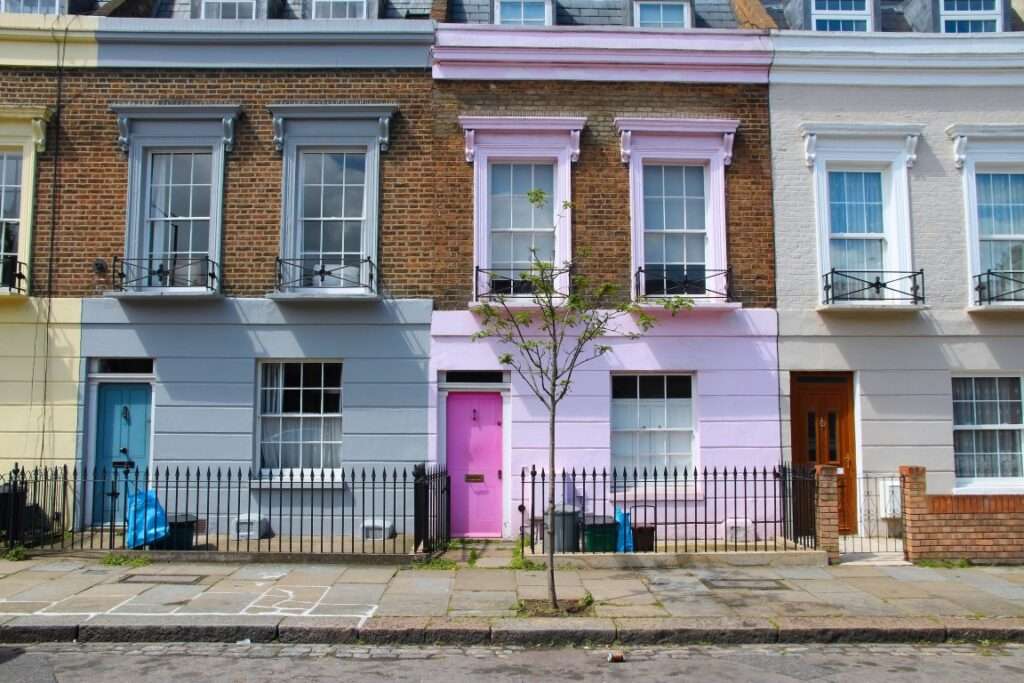
As the Coronavirus outbreak continues to sew instability and volatility into the global markets there has been some considerable investment flowing into an already buoyant property market in the UK and across Europe.
As the Coronavirus outbreak continues to sew instability and volatility into the global markets, there has been some considerable investment flowing into an already buoyant property market in the UK and across Europe.
Trading in London and New York has been experiencing some of the most extreme days in terms of drops and rises since the late 1980’s, and with yields on government bonds and treasury bonds dropping to historic lows, it’s seeming as though property could see a significant bounce through the spring and into the summer.
Mortgage applications are up, as well as house prices, as reported by Halifax earlier in the year. Buy to let mortgage applications have also increased and acceptances are increasing too.
Whilst there was some disappointment that the budget, announced by The Chancellor this week, didn’t have more measures in it to stimulate the Private Rented Sector (PRS), which now accounts for the vast amount of the housing in the UK there were also encouraging signs for economic activity.
The Chancellor’s harshest critics have made their displeasure known that housing wasn’t focused on enough, and it now appears that there is significant pressure building on the government, with it’s new majority, to take bolder steps to overhaul the property tax system.
The government, last year, announced changes to Stamp Duty, the surcharge on properties purchased above £125,000, with first time buyers now exempt from the charge, but making buy to let landlords pay more.
It’s been argued that this has been their ‘go to’ tool for raising tax but the system is creaky and unfair and is in need of reform. The next tax to be introduced under this description will be a surcharge on foreign buyers of 3% which will be used to tackle rough sleeping.
Whilst it’s a noble idea, there has been heavy criticism that the government are raiding via this route far too often and it’s stifling landlords from buying more property and consequently suffocating supply and driving rental growth through the roof.
The Institute for Fiscal Studies has suggested to The Chancellor, Rishi Sunak, that a better way to charge correctly and ensure fairness would be to overhaul the council tax system, making it cheaper for less valuable houses and increasing the cost to more valuable properties.
This would be a risky move for any chancellor, let alone a brand new man in the job for less than a few months. The point is, however, that in the long-term it would raise more tax, be fairer and ultimately be much more popular.
There would be winners and losers, and the risk for the Conservatives is that they could alienate their middle class, older voters who are their core support, but could well win them the long-term trust of labour and working class voters who lent them their vote in the winter.
It’s not inconceivable that the government could still introduce a revised council tax system but it is perhaps too early on in their first Parliament to consider such a controversial, if ultimately good, policy.
For landlords and property investors, it would be an extremely positive move that would shift the burden from them purchasing new properties on to wealthier home owners who should be paying more for their local services.
If councils are able to reform the council tax bandings this would free up quite a bit of cash from funding local governments, which would probably total more than they currently take in Stamp Duty takings.
Whether the government decides to ultimately go for the policy or not, pressure is steadily growing to look at alternatives.